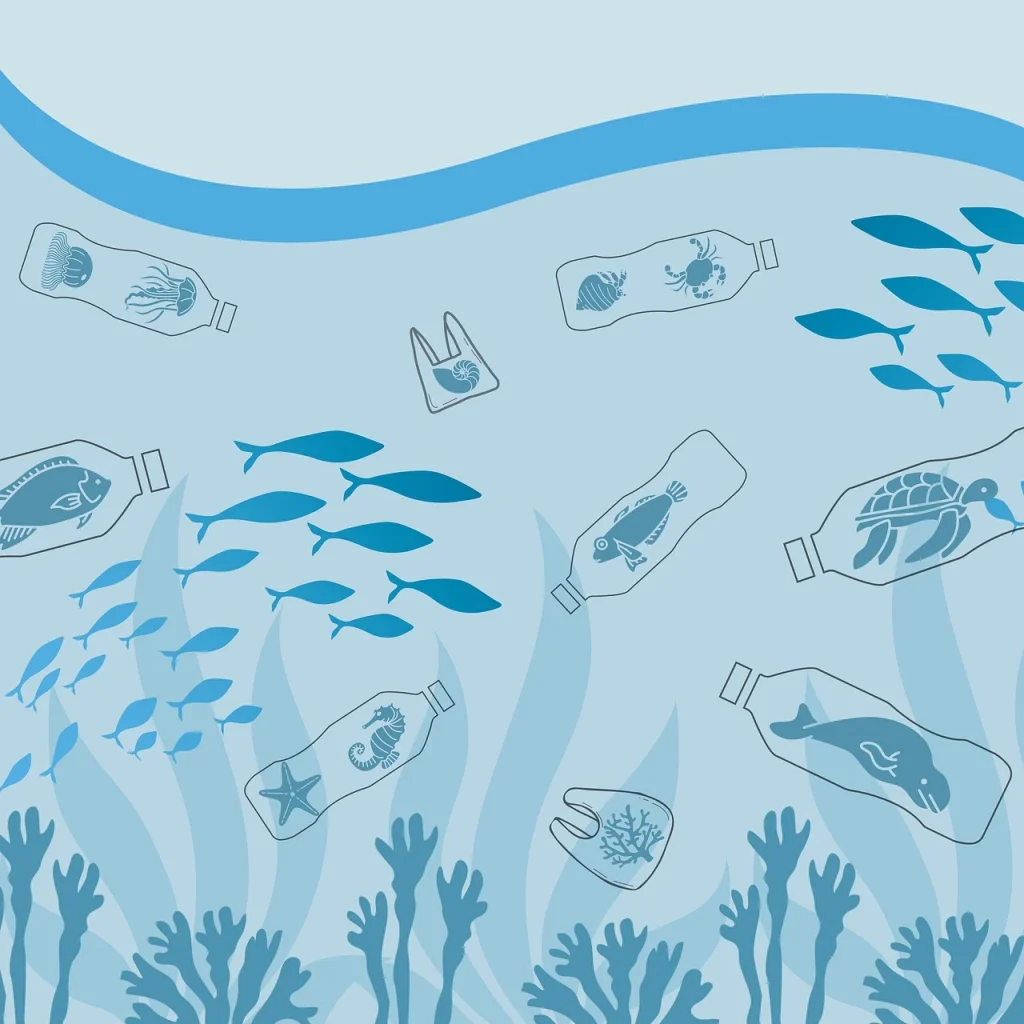
Addressing plastic Waste Crisis in Nigeria
The plastic waste crisis in Nigeria has reached alarming proportions, contributing significantly to environmental degradation, public health issues, and the overall decline in the quality of life for citizens. According to a recent report by the National Environmental Standards and Regulations Enforcement Agency (NESREA), Nigeria generates about 2.5 million tons of plastic waste annually, with only a fraction being recycled. This has led to clogged drainage systems, polluted water bodies, and a growing burden on the country’s already strained waste management infrastructure.
These grim realities makes it exigent to corporates operating in Nigeria to come to the rescue. The role of corporate organizations in addressing this crisis cannot be overstated. The impact of plastic pollution is not just an environmental concern but a pressing corporate social responsibility (CSR) issue that demands immediate and innovative solutions. Unfortunately, while some companies have initiated recycling programs or switched to biodegradable packaging, these efforts remain sporadic and insufficient in tackling the scale of the problem.
The government has made some strides in regulating plastic waste. However, these efforts are often hampered by inadequate enforcement and a lack of infrastructure. Meanwhile, the private sector, which is a significant contributor to plastic waste, has the resources and influence to drive meaningful change. Companies across various industries, particularly those in manufacturing, retail, and consumer goods, must recognize that their CSR initiatives should go beyond the traditional focus on philanthropy and community projects. Instead, they should be geared towards sustainable environmental practices that align with global best practices and contribute to a circular economy.
To begin with, corporates should adopt a holistic approach to plastic waste management that encompasses the entire lifecycle of their products. This includes designing products with sustainability in mind, reducing the use of single-use plastics, and investing in recycling technologies. By prioritizing eco-friendly materials and packaging, companies can significantly reduce the amount of plastic waste generated. Additionally, they should collaborate with local governments, NGOs, and other stakeholders to improve waste collection and recycling infrastructure. Public-private partnerships (PPPs) can play a crucial role in creating efficient recycling systems that not only manage waste but also create jobs and stimulate economic growth.
Another critical area where corporates can make a difference is through consumer education and awareness campaigns. Many Nigerians are unaware of the environmental and health hazards posed by plastic waste, and as such, they continue to dispose of plastics indiscriminately. Corporates should leverage their marketing platforms to educate consumers on the importance of proper waste disposal and the benefits of recycling. These campaigns can be integrated into broader CSR strategies that promote sustainability and environmental stewardship.
Moreover, companies should take responsibility for the post-consumer phase of their products. Extended Producer Responsibility (EPR) is a concept that has gained traction globally and should be embraced by Nigerian corporates. Under EPR, producers are held accountable for the entire lifecycle of their products, including the take-back, recycling, and final disposal. By implementing EPR schemes, companies can reduce the environmental impact of their products and contribute to a circular economy where materials are reused and recycled, rather than discarded.
Corporate organizations should also consider investing in research and development to explore innovative solutions to the plastic waste problem. This could involve developing alternative materials that are biodegradable or easier to recycle, as well as creating new business models that minimize waste. For instance, companies could explore the feasibility of packaging-free products or adopt refillable packaging solutions. These innovations not only address the plastic waste crisis but also resonate with the growing consumer demand for sustainable products.
CSR Reporters notes that, though the plastic waste crisis in Nigeria presents a significant challenge, it also offers an opportunity for corporate organizations to demonstrate leadership and commitment to sustainable development. By integrating sustainable practices into their core business operations and taking proactive measures to reduce plastic waste, corporates can play a pivotal role in resolving this issue. The time for action is now, and the responsibility lies with both the government and the private sector to ensure that Nigeria does not drown in plastic waste.
Got some CSR initiative you’d like everyone to know about? Great! Feel free to showcase it at our fast-approaching CSR Festival. Let’s help tell your CSR story to a wider audience while you concentrate on your core business calling.









